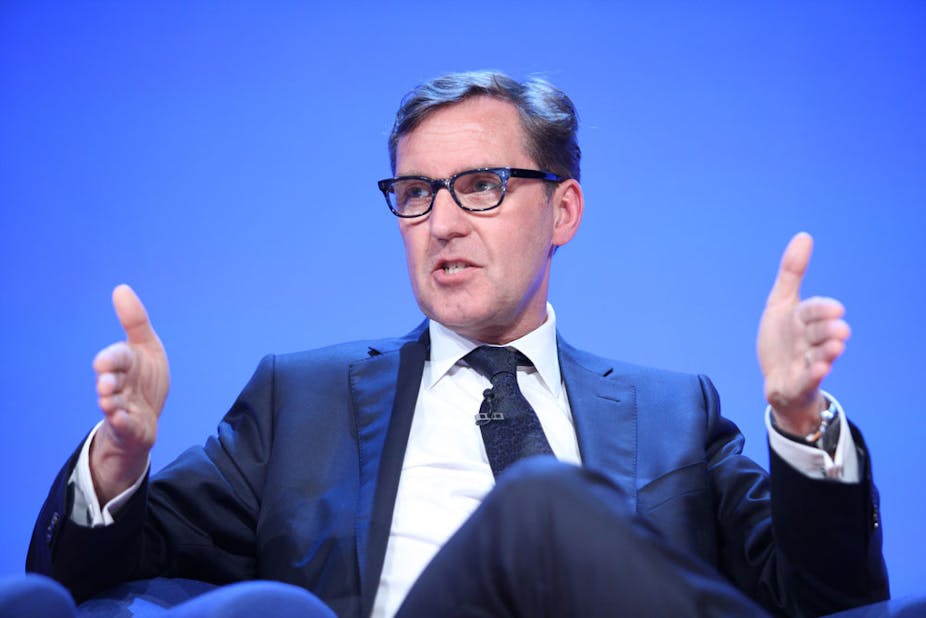Alan Milburn, Labour health secretary from 1999 to 2003, has caused quite a stir by attacking the party over its plans for the NHS. In an interview with the BBC, Milburn warned that Labour risked repeating the mistakes of its 1992 campaign, which focused on the NHS but ultimately ended in defeat.
The NHS is Labour’s strongest suit in the forthcoming election. And its message, broadcast via a major speech from Ed Miliband on January 27, was that under the dual threat of privatisation and inadequate funding, the future of the health service is now in jeopardy.
The speech was co-ordinated with an equally important one from shadow health secretary Andy Burnham, who publicised Labour’s hallmark policy – the merger of health and social care. The aim was to dominate the headlines and, hopefully, much of the subsequent campaign agenda.
Milburn’s pointed intervention was a spoiler. It had the effect of – as it was designed to – distracting attention from both speeches and questioning the credibility of Labour’s health policy.
He told the BBC that “it would be a fatal mistake for Labour to go into this election looking as though it is the party that would better resource the NHS but not necessarily put its foot to the floor when it comes to reforming it”.
He warned of the “risk that Labour’s position on the NHS becomes almost an emblem for Labour showing an unwillingness to lean into a difficult reform agenda”.

On the face of it, this might seem unexceptional, anodyne even. Who could object to reform? But the word “reform” is code for a particular type of change. And it’s one for which the public has never displayed much enthusiasm – the introduction of competition and profit-making companies in the delivery of public services.
The underlying rationale for this thinking is quite straightforward. Public services, particularly healthcare, can be most efficiently delivered by drawing on the expertise, culture and methods of the private sector. Competition is the key, both among public sector bodies and between the public and private sectors. From this perspective, the more that private firms – notably the big American healthcare corporations – are involved in the provision of NHS care, the better.
Milburn played a crucial role in promoting privatisation and competition in the NHS during his time in office. When he deplores Labour putting the brakes on “reform” he has in mind its pledge to reverse this process.
There is no doubt that he is personally convinced that the future of the NHS lies in mimicking many of the private sector’s practices. He believes strongly in the value of close working relations between the NHS and the private healthcare sector. And he has practised what he has preached.
Since he left ministerial politics, Milburn has worked as a consultant for a venture capital firm that funds private healthcare companies seeking to move into the NHS. He is also vice-chairman of the Lloyds Pharmacy advisory board.
And since quitting parliament he has further broadened his portfolio. In May 2013 he was appointed as chairman of the newly-created Health Industry Oversight Board of the accountancy giant, PriceWaterhouseCooper. The purpose of this body is to manage the firm’s extensive interests in the NHS. He has also served as a member of the Advisory Boards of two firms whose contribution to improving the nation’s health is not self-evident – Mars and Pepsico.
When taking on his role at PWC, Milburn talked about the “strong opportunities for growth” now afforded for the health industry and explained that his aim was “to help PwC grow its presence in the health market”.
So how should Labour respond to his criticisms? Taking advice from Alan Milburn on the reform of the NHS, the sceptic might ponder, is rather like enlisting Dracula’s help decide the future of blood transfusion.

